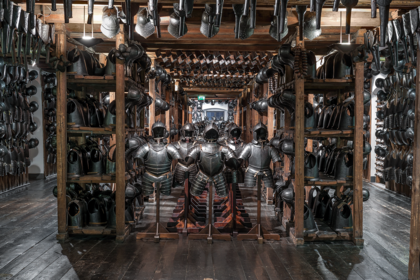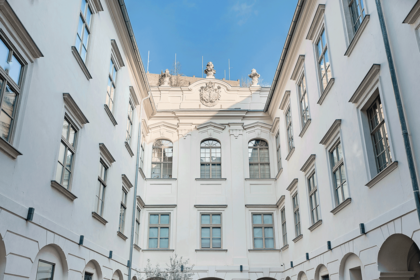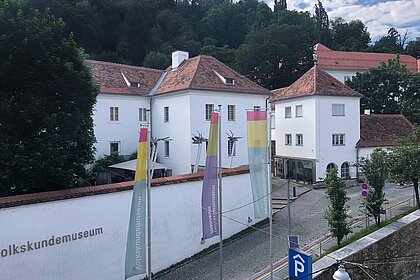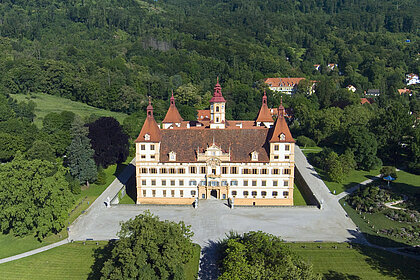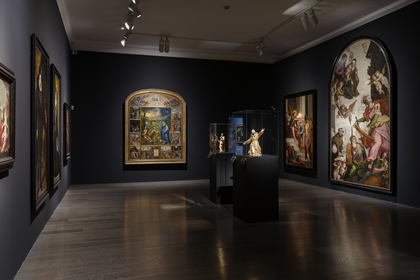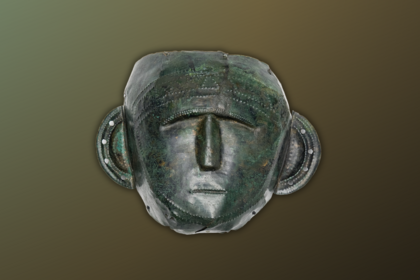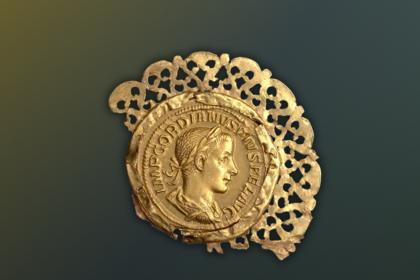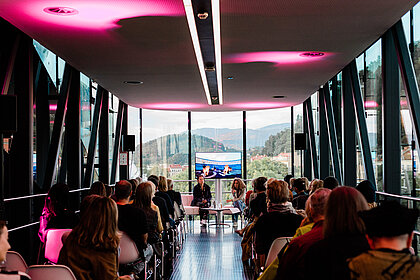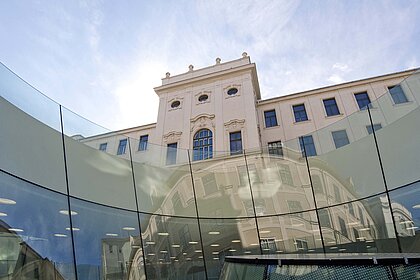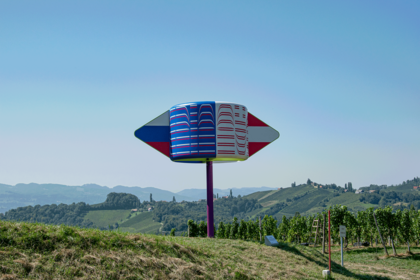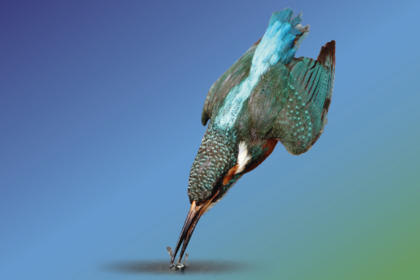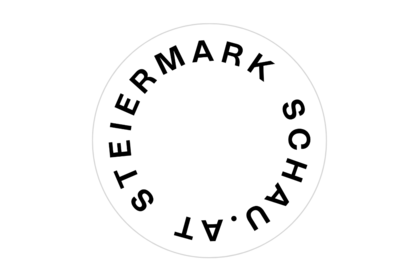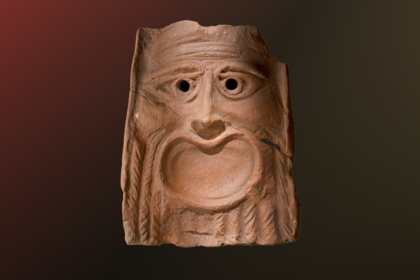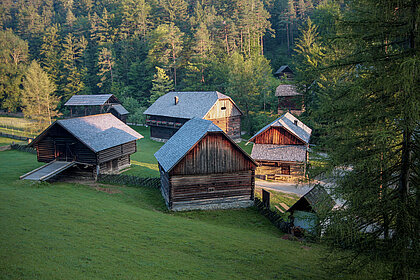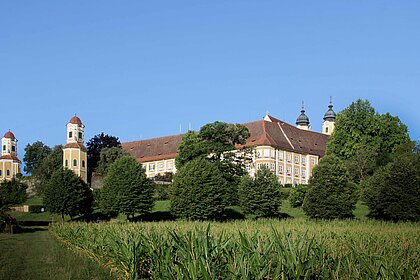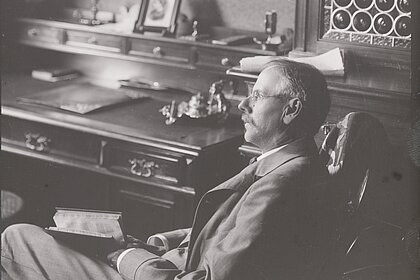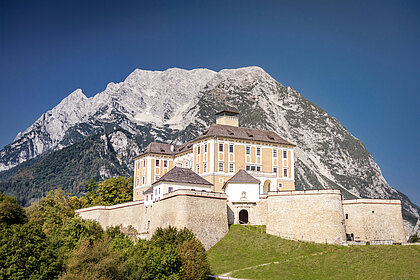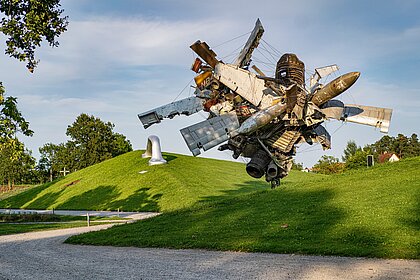Programme
Archive
04.12. - 05.12.2025
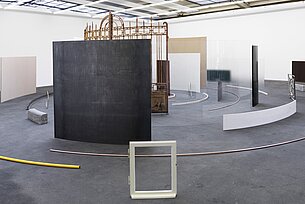
Classism
Social discrimination in museums
The present, which is characterised by crises and the constantly increasing differences in the living conditions of socially underprivileged and wealthy people in Western European societies, has meant that the question of class affiliation has once again increasingly become an issue here – and with it, classism. This is clearly visible in literature and theatre with numerous autobiographical texts about experiences of social advancement and discrimination.
20.11. - 21.11.2025
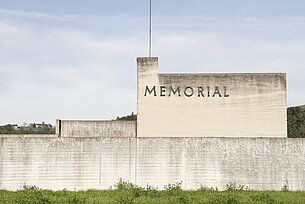
Commemorative years and anniversaries
Recurring remembrance in museums and memorials
Anniversaries and commemorative years are central elements of the culture of remembrance. They mobilise visitors and attract public attention. In 2025, many museums and memorials are commemorating the liberation from National Socialism. This focus shows that memory depends on the present and can change. We will also take a look at anniversaries apart from the end of the war that museums are commemorating in 2025. Based on this, we will reflect fundamentally on the role of anniversaries and commemorative days in museum practice.
23.10. - 24.10.2025
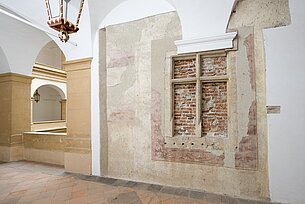
Palace and present
Contemporary narratives for historical sites
In 2025, Graz's Eggenberg Palace will celebrate its 400th anniversary. Thanks to its architecture, interior, and park, it is a celebrated Baroque total work of art. As a UNESCO World Heritage Site, it is one of the city's main tourist destinations. The anniversary is being celebrated with an exhibition that builds on what has been handed down, but with new content and perspectives, using installations, interaction, and immersion to create a contemporary language and aesthetic for today's audience.
17.09. - 19.09.2025
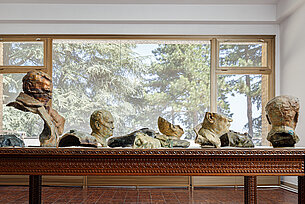
Belgrade
Contested history in museums
Since the collapse of Yugoslavia, the official interpretation of history in Serbia has changed fundamentally: In socialist Yugoslavia, the heroicised partisan struggle against the Nazis was at the centre of memory. Historical and political conflicts were concealed under the slogan of ‘brotherhood and unity’ and surfaced in the nationalism of the 1990s.
12.06. - 13.06.2025
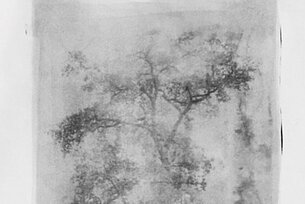
Photography and sustainability
Perspectives on exhibiting and collecting
Photography is a medium that is constantly evolving and is characterised by technological and material changes. Thus, the way in which photography is produced, shared, presented, archived and – in the meantime – stored has changed significantly time and again. But how can this mutability be reconciled with the demand for sustainability?
22.05. - 23.05.2025
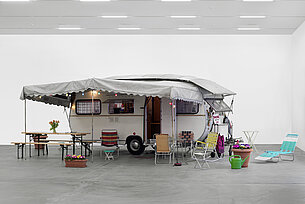
Museums as venues
Architecture, programmes, and people
Recently, museums have increasingly been thought of as democratic places again. This requires visitors as actors, less passive consumers and more actively participating stakeholders. This rethinking of audiences and visitors poses challenges for institutions – they have to create the appropriate framework, though their starting points are quite different.
09.04. - 11.04.2025
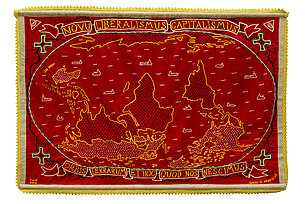
Exhibiting colonialism
Debates and practice in Switzerland
In 2024, four exhibitions on Swiss colonial history were shown in the city of Zurich, tracing colonial continuities in the present. This took place in the context of strong public interest and a complex debate in which, for example, the decolonisation of museums was also called for.
17.03. - 18.03.2025
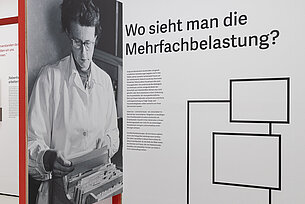
What does ‘feminist curating’ mean today?
Gender-sensitive action in exhibitions
The need to deal with the category of gender has in the meanwhile found its way into museum debates. Feminist approaches to exhibitions are diverse and – like feminist movements themselves – are constantly evolving. Today, museums are increasingly depicting women* as protagonists of history. However, gender-sensitive issues – especially when they challenge the binary gender order – are by no means included in all exhibitions.
24.02. - 26.02.2025
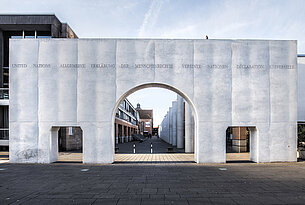
Nuremberg
Presence of history
The Franconian metropolis of Nuremberg plays a significant role in German history. Reason enough to take an in-depth look at three of the city's nationally important museums as part of an event: First, there is the Germanisches Nationalmuseum. Founded in the mid-19th century, it houses the largest cultural history collection in the German-speaking world.
02.12. - 03.12.2024
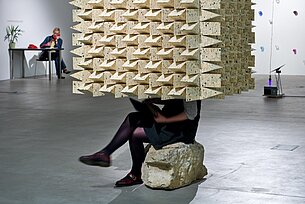
How do music exhibitions sound?
Listening as a concept
There’s nothing to hear here! For a long time, visitors of music exhibitions were invited to look at musical instruments, sound storage media, record covers, or portraits of musicians, whereas the conveying of sound played a subordinate role. While sight is still central to the presentation of musical themes, more recent exhibitions, in particular, are using listening stations, live performance programmes, and participatory opportunities to offer audiences acoustic impressions and hands-on experiences.
28.10. - 29.10.2024
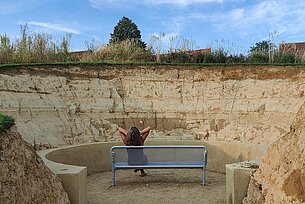
A chance to rebuild
Outreach during times of closure
Many museums now use outreach projects to establish their presence outside their own four walls. This is essential for institutions that are currently undergoing renovation and thus do not have access to their usual premises. They are particularly challenged to think about new ways of maintaining the connection to their audiences.
26.09. - 27.09.2024
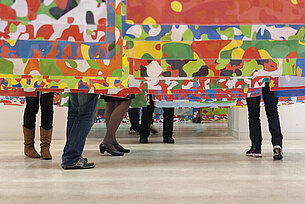
Super diverse!
Negotiating society in museums
The museum is a space in which history, the present, and society are negotiated. As migration, religious diversity, and transcultural identifications are a social norm, museums today are challenged to respond to them accordingly. Earlier than in other cities, the relevance of cultural policy and the fact of a migration society were recognised in Frankfurt am Main in the late 1980s.
25.09. - 27.09.2024
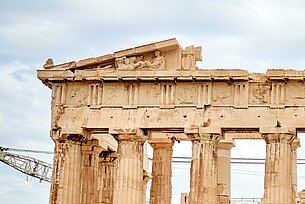
Athens - cancelled!
Tense times
In July 2023, the Acropolis was closed due to extreme heat, and ambulances and cooling tents were provided for the international tourists. In December 2023, there were ongoing diplomatic tensions between Greece and the UK over the so-called Elgin Marbles, which continue to remain in the British Museum. Plans to build a new museum in Plato’s Academy Garden have driven up land and property prices, with consequences for the local social and ecological system.
27.06. - 28.06.2024
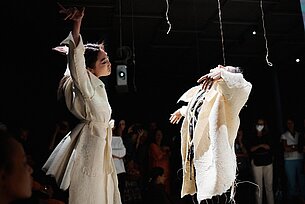
Feelings in focus
Museums and emotion
In recent years, there has been an increasing move in cultural studies and the social sciences toward feelings and emotions. What is known as the “affective turn” is also interesting for museums in many ways. With themes such as a fear, shame, or joy, human emotions are becoming the focus of art, nature, and cultural exhibitions.
18.04. - 19.04.2024
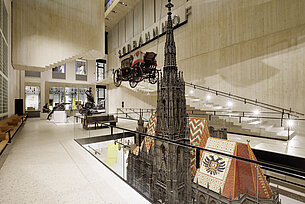
The new Wien Museum!
Project development – Concept – Social responsibilities
After three years of renovation, Wien Museum was reopened in December 2023. As a new major player in Vienna’s museum landscape, it impressively demonstrates where the potential and social relevance of museums might lie today. Together with the permanent exhibition team, we will discuss the reference points and principles of the new concept.
13.03. - 15.03.2024
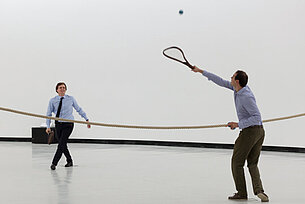
Movement inside
Participatory organisational cultures in museums
Now that openness and participatory impetus are considered factors of successful museum work, questions concerning the attitude and organisational culture within museums is becoming more and more virulent. Hierarchical systems are increasingly being replaced by team-based and functional models.
29.02. - 01.03.2024

The new Wien Museum!
Project development – Concept – Social responsibilities
After three years of renovation, Wien Museum was reopened in December 2023. As a new major player in Vienna’s museum landscape, it impressively demonstrates where the potential and social relevance of museums might lie today. Together with the permanent exhibition team, we will discuss the reference points and principles of the new concept.
22.02. - 23.02.2024
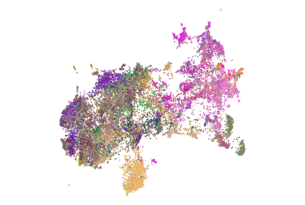
Museum. Human. Machine
Opportunities and challenges in working with artificial intelligence
Artificial intelligence is currently omnipresent in public debate: Thanks to developments in the field of generative technologies, an ever-larger group of users is able to create new media or transform media content in practically no time at all. This provides new opportunities, but also poses challenges in dealing with text, image, and knowledge cultures.
23.11. - 24.11.2023
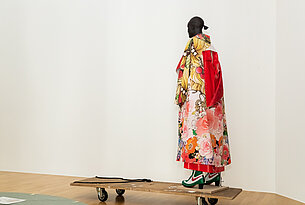
Fashion and critique
Exhibitions with material for discussion
Just a passing fashion? Besides high-publicity exhibitions dedicated to paying homage to fashion icons or portraying fashion as the representative mode of rulers or the avant-garde, recent exhibition projects have adopted a wide variety of approaches that go beyond stylisation. Exhibitions are increasingly dealing with socio-political issues through fashion: The topic of dressing is being broached more often in its sociocultural diversity, and fashion (production) is being considered as a magnifying glass on global inequality or, as a subversive gesture, taken as a reference point for discussion in museums.
23.10. - 24.10.2023
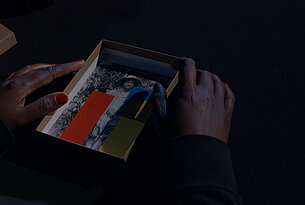
No neutral place
Decolonial possibilities for action in Austrian museums and archives
The international debates on decolonising museum collections find their expression in Austria as well. In a country which has not generally been regarded as a “colonial power”, it is now up to museums to address the topics of “Austrian colonialism without colonies” (Walter Sauer) as well as the role of museums as structural reinforcers of racist power relations and participants in colonial networks.
